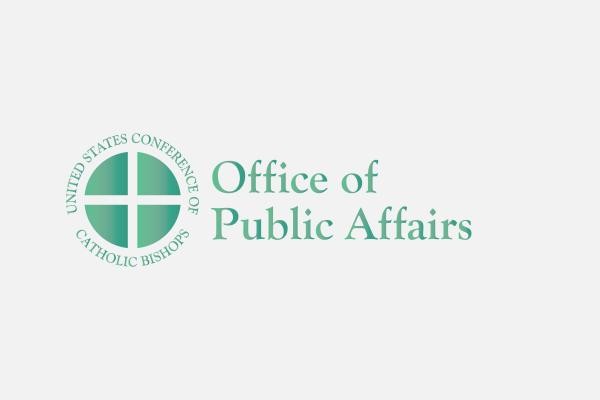Communion, Structures, Discussed by United Methodist, Catholic Dialogue
WASHINGTON (May 14, 2002) – The understanding of the Church as communion in their two traditions and the structures that serve that communion were discussed in the third meeting of the sixth round of the United Methodist, Roman Catholic Dialogue.
WASHINGTON (May 14, 2002) – The understanding of the Church as communion in their two traditions and the structures that serve that communion were discussed in the third meeting of the sixth round of the United Methodist, Roman Catholic Dialogue.
The meeting took place in Ranchos Palos Verdes, California, May 5-8. The goal of this dialogue is to articulate common understandings of the Church, global and local.
While both United Methodists and Catholics have a strong sense of the interdependence of the Church at every level, international, regional and local, they have traditionally formulated their faith in the Church, its mission and structures in different ways. In almost every community around the United States, and in many other parts of the world, Catholics and Methodists are in the forefront of collaboration in mission together.
Two papers were presented on the Church as communion. Dr. Dennis Doyle of the University of Dayton presented a paper Sacramental Consciousness and a Roman Catholic Understanding of the Relationship between the Local Church and the Global Church. The Rev. Dr. Karen Scheib presented a paper Wesleyan Theology and Communion Ecclesiology. This enabled the group to discuss the Catholic focus on the Eucharist as well as the Methodist tradition, which has a doctrine of the Eucharist and also tends to emphasize the importance of dialogue within the Church. Although on the surface, there are many differences in Catholic and Methodist understandings of the Church as a communion, the papers and the discussion unearthed a solid core of common faith and commitment, but one where there was much to learn from one another.
In addition to the discussion of the theology of communion, two papers offered perspectives on the structures that serve communion in the two communities. Rev. Dr. Norman Dewire, President, Methodist Theological School in Ohio, presented a paper United Methodists Focus Understanding of Church through Connection and Conference, and Rev. Dr. Reginald Whitt, OP, University of St. Thomas School of Law provided Bishops in the Catholic Church as Agents of Communion. Catholics emphasize the service of bishops to the communion, while there are synodical and counciliar structures available at every level of Catholic life. Methodists emphasize synodical and conciliar structures with full lay participation at every level: local, regional and global. However, they also have bishops with an important role within their understanding of the Church. Both churches understand the Church as the whole people of God whose communion is served by these structures.
Both the canonical discussion of structures and the theological discussion of faith and spiritualities allowed participants to penetrate the language used by the other tradition. Words and formulations of the faith may be shared but may also carry a different meaning for each, whether the topic is the sacraments, the real presence of Christ in the Eucharist, the importance of the priesthood of all believers, collegial structures of decision making, the importance of bishops, or the Church, universal and local. It was understood that before the dialogue can produce a statement of agreement, it is necessary to go through the process of mutual understanding, based on mutual trust and a clear understanding of our articulation of the faith.
The discussions took place against the background of the current focus on clergy sexual abuse and failures in episcopal oversight. The United Methodist Council of Bishops has just reviewed and renewed its sex abuse policies for clergy and their implementation by the bishops and their conferences, as the United States Conference of Catholic Bishops will do in June. The dialogue demonstrated the collegial solidarity of ecumenical partners in these challenging times for the churches.
The dialogue is co-chaired by United Methodist Bishop Walter Klaiber from Frankfurt. The Catholic co-chair has been Bishop William Skylstad of Spokane. When Bishop Skylstad was elected vice-president of the USCCB last fall, Bishop Gerald Barnes of San Bernardino was appointed co-chair. Bishop Barnes was able to attend only part of this first meeting for his new role.
In addition to the theological dialogue, there was also a chance for participants to share other ecumenical and pastoral developments in their churches and in their own ministries. The meetings were also surrounded by prayer and worship.

